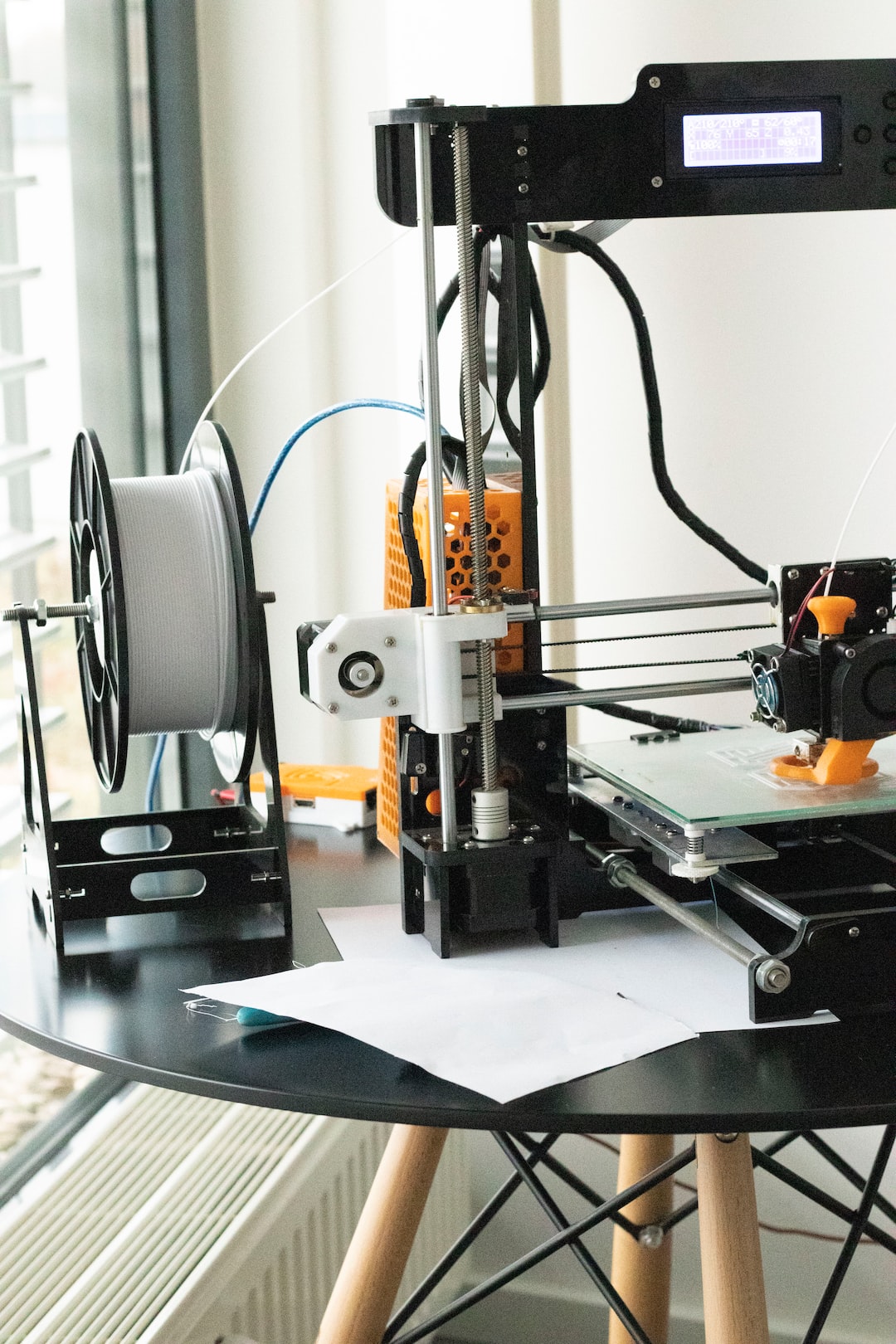The Future of Artificial Intelligence in Everyday Life
Artificial Intelligence (AI) has become an integral part of our lives. From voice assistants like Siri and Alexa to recommendation algorithms on streaming platforms, AI has revolutionized the way we live, work, and communicate. But what does the future hold for AI? How will it continue to shape our everyday lives? In this blog post, we will explore the potential advancements and applications of AI in various aspects of our daily routine.
One area where AI is expected to have a significant impact is in healthcare. With the vast amounts of medical data available, AI algorithms can help doctors diagnose diseases more accurately and efficiently. AI-powered medical devices can monitor patients in real-time, alerting healthcare providers of any deteriorating conditions. Moreover, AI can play a crucial role in drug discovery, analyzing millions of chemical compounds and predicting their efficacy in treating various illnesses. With AI’s assistance, doctors will be better equipped to save lives and improve patient outcomes.
Another domain where AI will have a profound effect is in transportation. Self-driving cars have already been introduced, revolutionizing the automotive industry. In the near future, we can expect to see more autonomous vehicles on the road, reducing the number of accidents caused by human error. AI can optimize traffic flow, minimize congestion, and improve energy efficiency. Additionally, AI can enhance public transportation systems by predicting demand patterns and optimizing routes, making commuting more efficient and less stressful.
AI is also set to transform the way we work. Automation powered by AI will streamline various tasks and processes, improving overall productivity. Mundane and repetitive jobs can be taken over by AI, freeing up human workers to focus on more creative and complex tasks. AI applications like chatbots can provide customer service support, answering queries and resolving issues without the need for human intervention. This level of automation will undoubtedly shape the future of work, with AI acting as a valuable partner to humans.
Education is another sector that will benefit greatly from AI advancements. Personalized learning experiences tailored to individual students’ needs will become more prevalent, thanks to AI algorithms. AI can analyze student data and create adaptive learning paths, identifying strengths and weaknesses in real-time. Furthermore, AI tutors can provide instant feedback and guidance, helping students to grasp concepts more effectively. The future of education will be marked by AI’s ability to personalize and enhance learning experiences for students of all ages.
Within our homes, AI will continue to revolutionize how we interact with our surroundings. Smart homes will become more intelligent, with AI-powered systems managing appliances, security, and energy usage. Voice assistants like Siri and Alexa will evolve to understand and anticipate our needs better. They will be able to control lighting, temperature, and even order groceries simply by voice command. AI-enabled robots might become common household helpers, performing tasks like cleaning, gardening, and childcare. The possibilities are endless when it comes to integrating AI into our domestic lives.
Although the potential benefits of AI in everyday life are exciting, they also come with challenges and concerns. Ethics and privacy are important considerations. As AI-powered systems collect and analyze vast amounts of personal data, the need for strict regulations and safeguards becomes paramount. Transparency and accountability in AI decision-making algorithms will be necessary to maintain public trust.
Moreover, the fear of job displacement is a valid concern. While AI has the potential to automate many tasks, it is crucial to remember that it is a tool to enhance human capabilities, not replace them. The future of work will demand a shift towards acquiring skills that complement AI technology. Adaptability and lifelong learning will be key in navigating the changing landscape.
In conclusion, the future of AI in everyday life is bright and promising. AI will continue to transform various aspects of our lives, from healthcare and transportation to work and education. By leveraging AI technology wisely and responsibly, we can create a future where AI works in harmony with humans, enhancing our capabilities and improving our quality of life. The possibilities of AI are vast, and it is up to us to shape the future we want to see.

